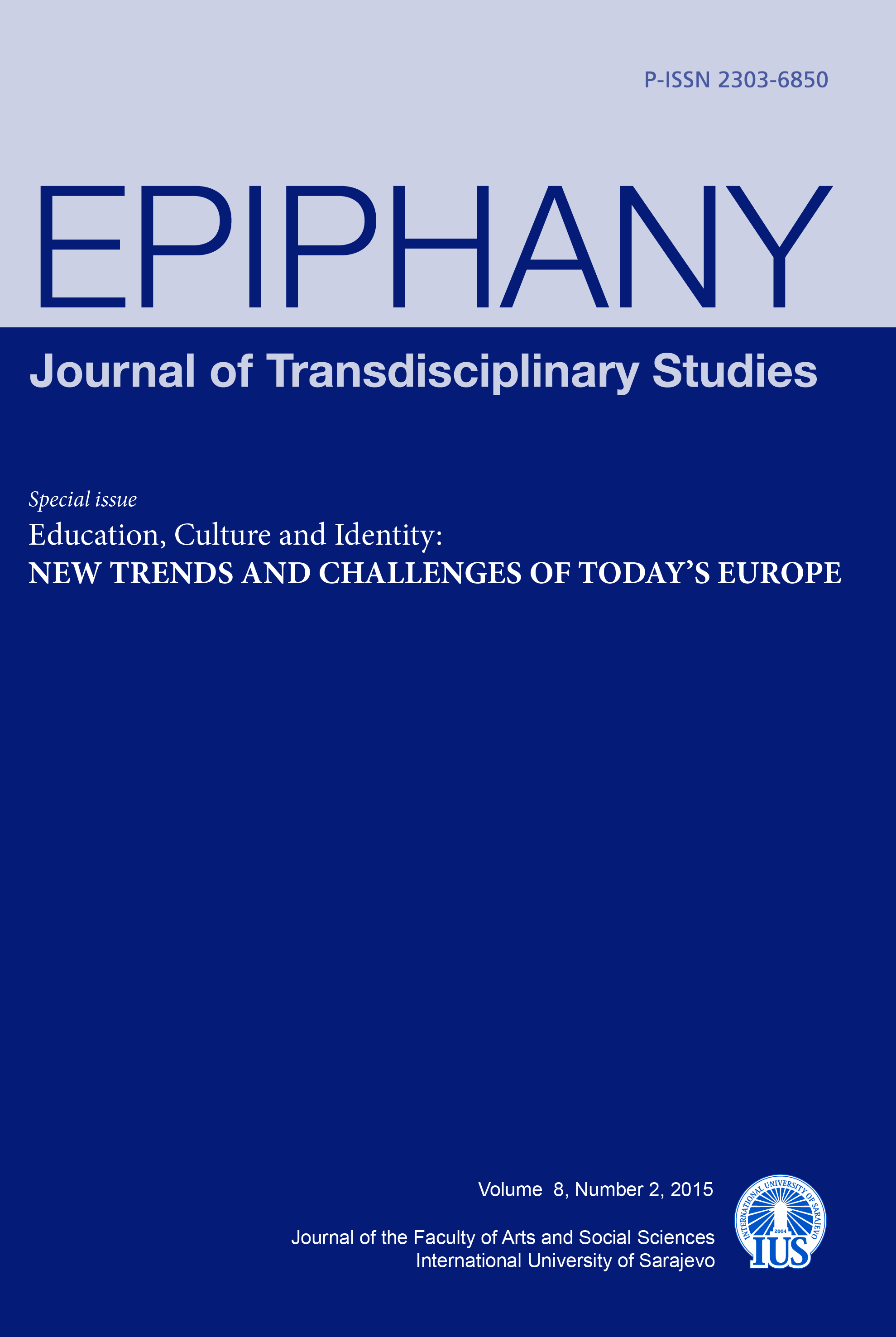The Development of Language Competences with Future Croatian Teachers within Croatian Education System
The Development of Language Competences with Future Croatian Teachers within Croatian Education System
Author(s): Katarina Aladrović Slovaček, Anita Mazej, Anđelka RavlićSubject(s): Foreign languages learning, Psycholinguistics, South Slavic Languages
Published by: International University of Sarajevo
Keywords: Teaching of Croatian Language; Language Competences; Eight Key Competences; Primary School Teachers; Motivation;
Summary/Abstract: In the document "Eight key competences for life-long learning" the first and the most important competence is communication in the mother tongue. If we have good knowledge of mother tongue, then we will be better in the process of foreign language learning. Language competence means to know the language on the level of phonology, morphology, syntax, lexicology, orthography and orthoepy. We have linguistic competence (knowledge about language) and communicative competence (using of language). At this moment, when we speak about European society, it is very important to have good competences in ICT and foreign language speaking. For these reasons, we made this research about language competences in mother tongue (Croatian language) and English in primary school and the attitude of children to Croatian and English language and the way they learn them or not. The research includes 3 primary schools in Zagreb (N = 120) in the first two periods of learning (1st - 6th class). Our aim is to measure linguistic and communicative competence in Croatian and English and how pupils are different in terms of sex, age and attitude. We expect that children in the first two periods of primary school have better developed linguistic competence (theory of language) than communicative competence (using language in everyday situations). It is expected because of methods of teaching and learning. Croatian teachers are more focused on theory than functional literacy in the process of teaching and learning of Croatian language. It is easier with English because teachers of English are more focused on using English in different situations. Also, we expect better results from girls than boys, from older than younger pupils as well as from pupils who have more positive attitudes to Croatian and English language.
Journal: Epiphany. Journal of Transdisciplinary Studies
- Issue Year: 8/2015
- Issue No: 2
- Page Range: 67-81
- Page Count: 15
- Language: English

